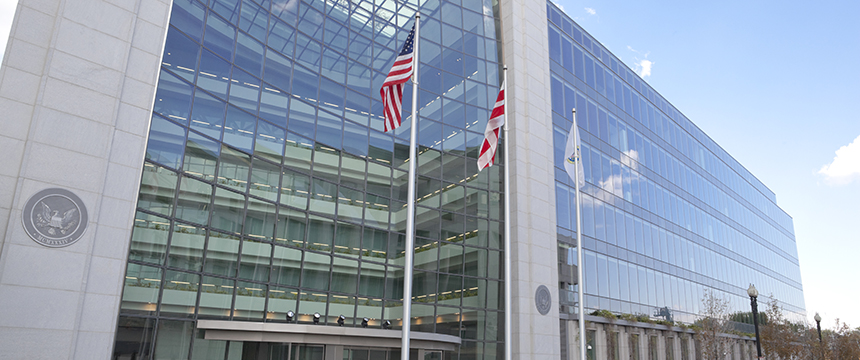Kraken Settles SEC Charge That Its SAAS Model Was an Illegal Securities Offering

On February 9, 2023, the SEC announced that Kraken had settled charges alleging that it violated securities laws by failing to register the offer and sale of its “crypto asset staking-as-a-service program.” To settle the charges rather than fight, Kraken agreed to pay $30 million in fines and to discontinue offering its staking service to United States customers.
Because crypto is a global industry, the main result of this “investor protection” maneuver by the SEC is to deprive United States citizens and residents of Kraken’s staking services as currently configured. Kraken is free to reconfigure its staking services to fit the SEC’s conception of a “security” or to continue offering staking-as-a-service (SAAS) the very same way to its many customers outside the United States.
Traditionally, staking is a process that allows selected network participants to participate in the validation of data stored on public blockchain ledgers in return for certain incentives, such as payment of newly minted crypto or fees. The size of a participant’s stake in tokens emitted by a particular blockchain protocol usually increases the chance that the participant will be selected as a validator and earn validation rewards. In its complaint, the SEC alleged that Kraken’s staking program “aggregates investors’ crypto assets to enable Kraken to stake these pooled investor assets and achieve a competitive advantage in the staking marketplace.” It further alleged that “[p]ooling and retaining control over the tokens potentially reduces [Kraken’s] transaction costs and risks and … increases the likelihood that [Kraken] will be selected to validate blockchain transactions and therefore earn rewards….” In return, the SEC alleged that Kraken customers would receive “a reward determined by [Kraken], not the reward determined by the underlying blockchain protocol.” This combination of allegations amounts to an investment contract security, according to the SEC.
Not noted by the SEC (but well known within the industry) is that there are many different staking models. The Kraken settlement concerns SAAS, not staking itself. Also — and more importantly — many different SAAS models exist, and others are being invented. This SEC settlement affects no one except Kraken. To wit, other crypto exchanges and still other crypto platforms that offer SAAS models to the United States public are not bound by it. If their particular SAAS models differ under Howey principles from what the SEC asserts that Kraken has been doing, then they may well decide to continue using their existing business models.
In addition to recent settlements involving crypto asset lenders, the Kraken settlement is an example of the SEC pursuing enforcement actions against “centralized crypto companies” and claiming that existing securities laws apply to crypto-related financial products. Following the Kraken settlement, SEC Chair Gary Gensler gave an interview on CNBC in which he asserted that the settlement “should put everyone on notice in this marketplace.” He also released a YouTube video stating “[W]hether they call their services ‘lending,’ ‘earn,’ ‘APY’ or ‘staking,’ that relationship should come with the protections of federal securities laws.”
Those are the views of the man who happens to be the current Chair of the SEC, who is plainly ambitious to regulate the entire crypto industry — regardless of how particular crypto products are classified under existing law. Others disagree with his ambition and his views. Indeed, two of the other four SEC commissioners often disagree with Chair Gensler.
Commissioner Hester M. Peirce dissented from the Kraken settlement. In addition to larger concerns about the SEC’s regulation by enforcement approach, Commissioner Peirce noted that “[i]n the current climate, crypto-related offerings are not making it through the SEC’s registration pipeline.” In other words, Chair Gensler is punishing the crypto industry for not registering when the SEC does not in fact make registration available. She further expressed concern that the SEC’s “solution to a registration violation is to shut down entirely a program that has served people well. The program will no longer be available in the United States, and Kraken is enjoined from ever offering a staking service in the United States, registered or not.”
In his CNBC interview, Chair Gensler said that SAAS providers must make full disclosure to the investing public. He has never explained, however, how the SEC will enable that disclosure to occur. The SEC has permitted only a couple of crypto asset products to be registered under the securities laws — and none of them involved loan products or SAAS — and those offerings happened before Mr. Gensler was installed to lead the SEC. The crypto industry is left being told that it must register and make disclosure while being afforded no realistic opportunity to register. Small wonder, then, that so much of the industry has migrated off-shore. A solution is needed in Washington, D.C. to keep the technology and the talent here at home.





